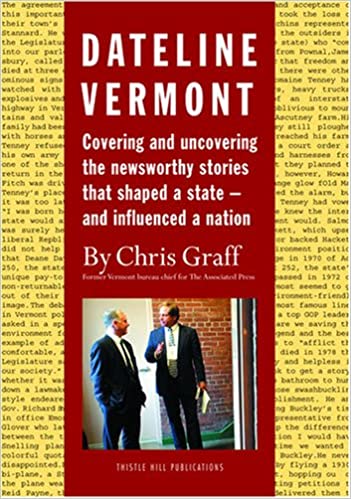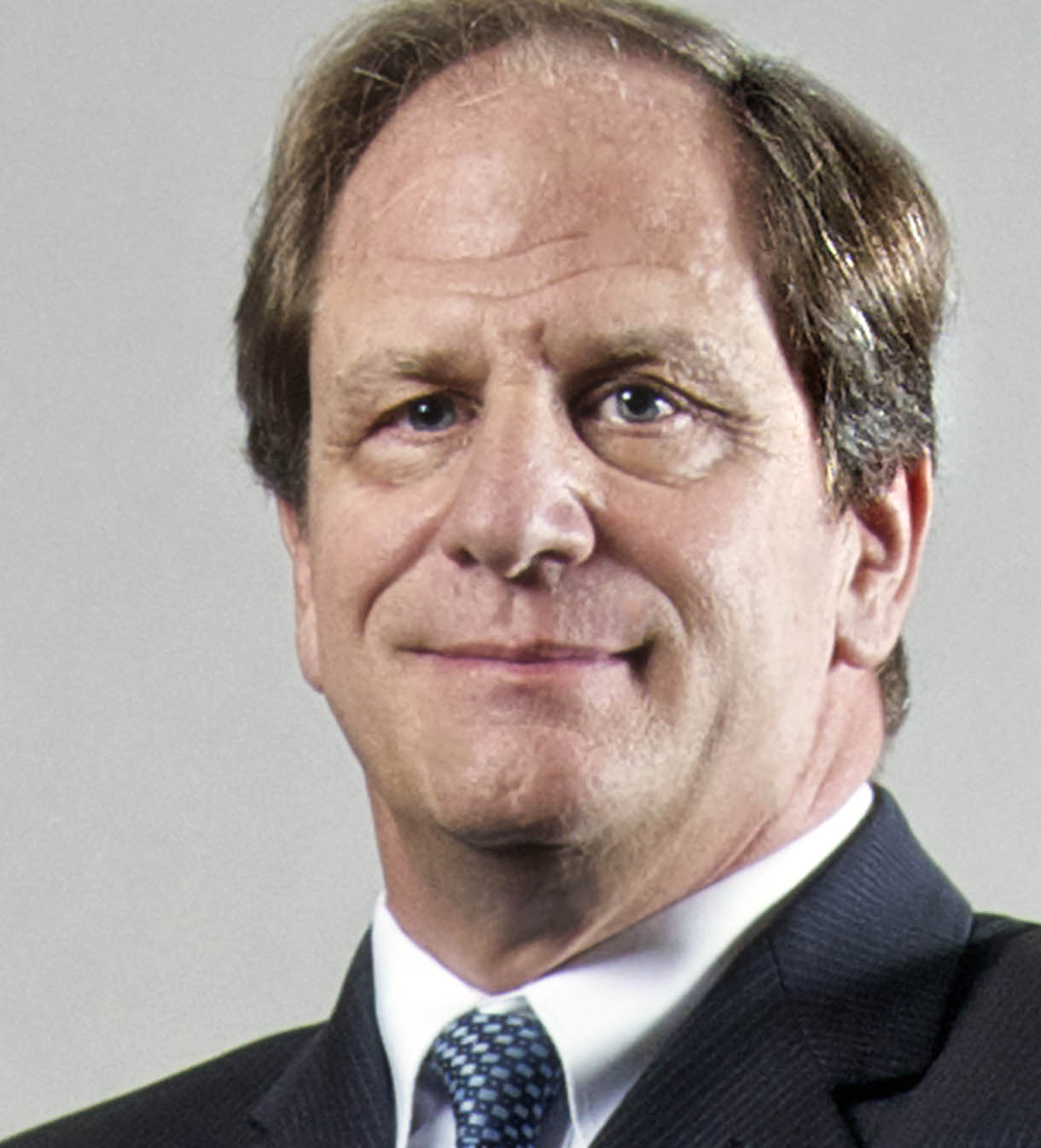Book
Dateline Vermont
by Chris Graff
The inside story of how Vermont transformed itself from a rural, Republican outpost into the state of Howard Dean, Jim Jeffords, Pat Leahy and Bernie Sanders

Graff reflects on the AP, Vermont
December 14, 2006
by Rebecca Robinson, Staff Writer
The Bennington Banner
MANCHESTER — Chris Graff's new book, "Dateline Vermont," chronicles his two-plus decades as the Associated Press' Vermont bureau chief and of Vermont itself, and how in that time he witnessed Vermont's evolution from a Republican stronghold to an outpost of liberalism.
Marks changes
By juxtaposing in-depth portraits of liberal Vermont politicians such as Patrick Leahy and Bernie Sanders with anecdotes about the state's conservative political climate in the not-too-distant past, Graff drives home the central theme of his book: Until 1985, Vermont was dominated not by Democrats, but Republicans, and it has been the shift from conservative politicians to those like Leahy and Bernie that has both reflected the changing mindset of the state and come to define it.
In March of 2006, Graff was let go by The Associated Press. While Graff does not dwell on his "shocking" dismissal at great lengths in the book, he does express gratitude to those who wrote and spoke out in his defense, including Governor Jim Douglas, then-Senator Jim Jeffords, U.S. House rep-turned-Senator-elect Bernie Sanders, and Senator Patrick Leahy. The four wrote a rare bipartisan letter to the AP, asking for Graff's reinstatement and concluding with, "Chris Graff is the personification of the great attributes of good journalism." For his part, Graff says in his book of his time with the AP, "I could not have asked for anything better, except the ending."
Graff's controversial firing was not a topic of discussion during a phone interview conducted Dec. 7. However, Graff did weigh in on a number of issues, including the ethics of journalism, the future of print media, and the difference between an 800-word assignment and a 60,000-word piece.
Bennington Banner: What was the process of compiling this series of anecdotes, interviews, and insight into a coherent narrative?
Chris Graff: It was pretty intense ... the publisher (Jack Crowl of Thistle Hill Publications) approached me week after my firing from the AP. I had envisioned a longer process (for writing the book), but the publisher set a deadline for the '06 Christmas season. I started writing in June, and I had 15 boxes of stuff saved over 30 years ... that provided the backbone for the book.
BB: What have been some tough calls, or moral and ethical quandaries, that tested you as a journalist and/or bureau chief?
CG: There are always tough calls in journalism ... they're tougher when you're in a small state like this, where you know people and what you write can hurt them. You have to always keep the human face in mind ... What I think is interesting about journalism is that readers don't understand all the work that goes into writing a story, editing a story ... I think that we make those decisions much like people in any profession would, with a lot of thought and concern. The most important part of any decision I made was listening to people who complained.
To more directly address your question, an example I can think of is my assignment of Ross Snyed (currently the Vermont AP Statehouse correspondent), a gay man, to cover the issue of civil unions. He had been our Statehouse reporter, so it made sense that he would cover (this issue) in the Legislature. But there were lots of protesters who saw it as wrong to have a homosexual cover civil unions, who thought that someone else should be assigned the story ... I received a lot of flak for that.
BB: What do you see as the future of newspapers?
CG: I have a lot of concerns about the future of newspapers as we know them today. There is a frantic search to find newspapers that can combine relevance with revenue. There are very real concerns with the corporate ownership of newspapers ... the drive for the bottom line is driving major cutbacks in news organizations.
There are a few silver linings, however ... there are groups looking to take public papers, buy them, and bring them back into the private sector and into their local communities. Additionally, there is a lot of potential in the Internet world for long-piece journalism ... the average consumer today can get news from so many more sources than they ever could before. You're no longer restricted to getting just the soundbite on every story. But that takes work on the part of the consumer to go find.
BB: You've been covering the prominent political figures in Vermont for quite some time. What can you say about the recent election of Bernie Sanders to the U.S. Senate and Peter Welch to the House of Representatives?
CG: To me, it will probably be the story of the decade that Bernie Sanders was elected to the United States Senate ... what's interesting is that many people who have come to Vermont recently have only known Bernie as the congressman ... but if you're someone like me, who's seen him get 2 percent of the vote one year, 4 percent the next ... so to see this gadfly get elected to the Senate ... Bernie was this outcast, and now ... it's amazing.
Peter Welch was elected Senate President Pro Tem in '85, and was at the time much more liberal and much more living in this world of idealism ... he was much less willing to compromise then. Everyone will agree that in this last session he was much more aware of the need to compromise ... so, in a sense, I've watched him grow up too.
What Bernie symbolizes nationally is that in Vermont, our politicians are pretty direct, pretty personable. We expect our politicians to be direct and personable, and the scale here is such that they have to be. They talk directly to you, they're not talking down to you.
BB: Did you maintain your ties to Vermont's political world during this election?
CG: Through this election I continued to work for Vermont Public Television. I continued to do "Vermont This Week" for them. I also did weekly news analyses for VPR on the campaign, and moderated a number of debates. I plan to step down as a VPT host at the end of the month. I have continued to remain a journalist this year, and it's at the end of this year that I'm severing those ties.
BB: What will occupy your time now?
CG: I'm taking a job with National Life Group, a financial services company in Montpelier. I will be their vice president of communications.
